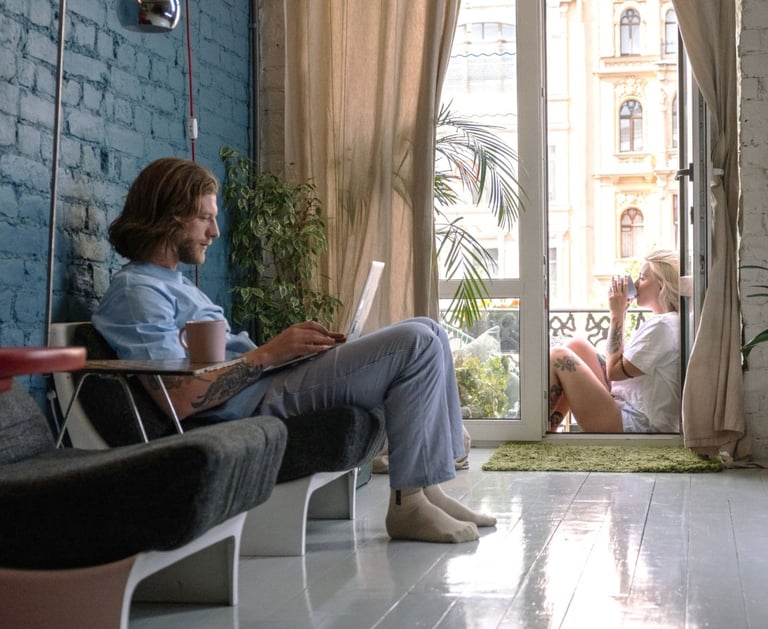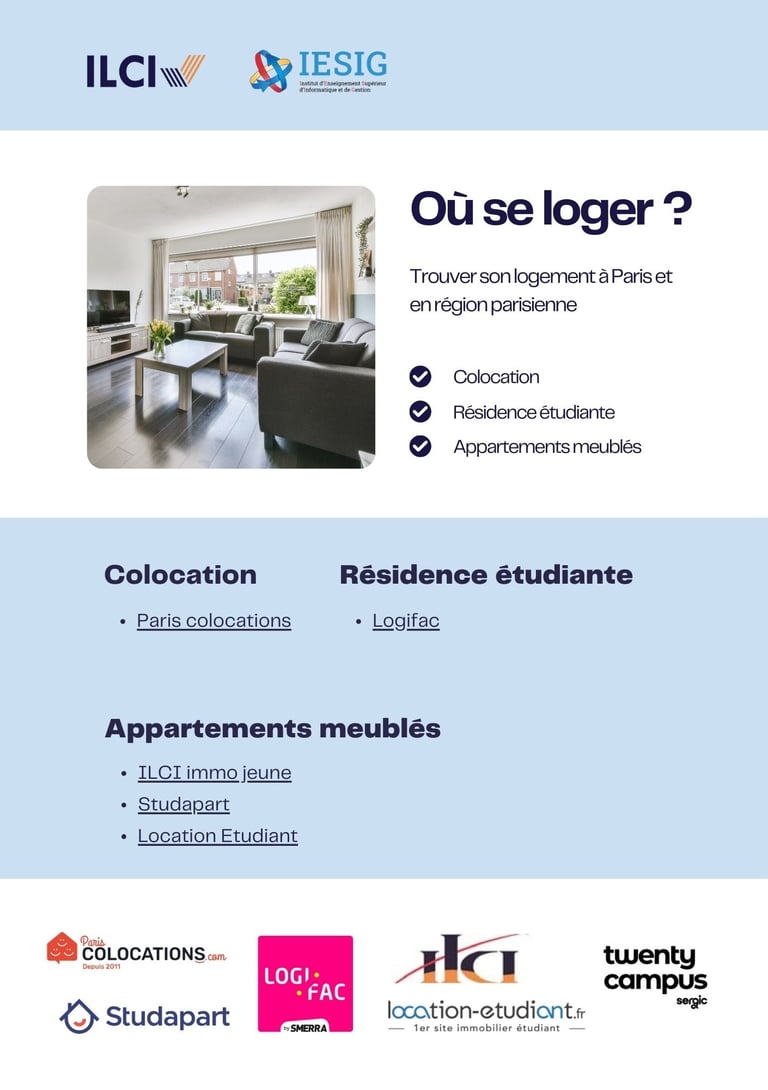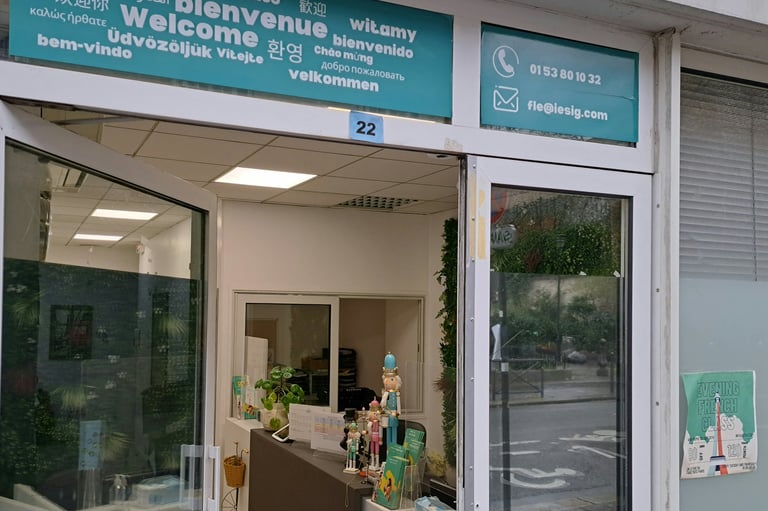Refer your friends and receive 50€ !

Foreigners in France

Check-list
Prepare your arrival in France!
On the Campus France website, you will find all the necessary information on the steps to take when you arrive in France:
- how to go through the OFII procedure (validate your VLS-TS)
- how to open a bank account
- how to obtain a free Ameli insurance for international students
ATTENTION: students of French as a foreign language do not have to pay the CVEC.


Welcome guide - tips and tricks for your stay in France
This booklet will guide you through administrative procedures, help you to choose a cultural activity, provide you with information about life in France and much more.
The "Etudes en France" procedure
Students who reside in one of the 67 countries concerned by the "Etudes en France" procedure must make a specific request to register in a higher education institution.


The long-stay student visa
The long-stay visa validating a residence permit for "students", or VLS-TS "student", allows you to study in France for a period of four months to one year. When it expires, you must apply for a residence permit to stay in France.
If you are applying for a visa from abroad, we recommend that you first obtain a French diploma at least at the A2 level in order to avoid being refused a visa.
If you need to obtain a visa, you must enroll in an intensive course of at least 9 months which involves 20 hours of classes per week.
After paying the full tuition fee, you will receive the certificate of enrollment.
Choose a date when you are sure to start your course.
Check the data you have sent in the form: first and last name, email and phone number, address.
Pay attention to the last name and first name. Write your last name in capital letters.
The importance of transcripts and class attendance
The criteria are becoming increasingly specific, so put the chances on your side by attending as many courses as possible, participating in end-of-term evaluations and requesting your transcripts systematically.
Deadlines for submitting the necessary documents
We respond to all your requests within two working days. Transcripts are ready as soon as the session is over and we issue other certificates on request within a few working days. More information.
HOUSING
Spotahome
The IESIG student community can now benefit from a 25% discount on service charges. Instructions for using the discount code can be found here.


Housing
We offer our international students tailored and secure housing solutions through our two main partners: ECLA and TwentyCampus.
ECLA Residences
ECLA residences are located close to our language center. Students from IESIG and ILCI benefit from a 50% discount on the entrance fees.
Booking:
Students can apply directly at www.ecla.com.
To benefit from the discount, proof of enrollment or a student card must be provided.
Refund policy in case of visa refusal:
Fees are refunded according to the following conditions:
Up to 15 days before arrival: Full refund
Between day -14 and day of arrival: 100% of application fees retained
After the arrival date: 100% of application fees + 1 month's rent retained
Cancellations due to visa refusal must be submitted in writing and accompanied by proof of the refusal.
TwentyCampus Residences
TwentyCampus residences are modern, well-located, and specially designed for students. This partnership ensures you a smooth and stress-free housing experience.
Advantages:
Fully equipped and secure residences
Close to public transport and shops
All-inclusive rent (water, electricity, internet)
Services may vary. Please check the official TwentyCampus website for details.
Booking:
Visit www.twentycampus.fr to check availability and apply.
You can also check out:
Studapart
Location Étudiant
Logifac
ILCT Immo Jeune
For more information on student housing in France, visit Campus France.


Why learning French?
Speaking French is an asset to increase your chances on the international job market in various sectors. Fluency in French is essential for anyone considering a career in international organizations.
Last but not least, French is both the working language and official language in the following structures:
-UN
-European Union
-UNESCO
-NATO
-Olympics International Committee
-Red Cross International
-Numerous legal authorities
It is also the language of the three headquarters of the European institutions: Strasbourg, Brussels and Luxembourg.
Knowledge of French opens the doors of French companies in France and abroad, particularly in all French-speaking countries such as Canada, Switzerland, Belgium and the African continent.
Professional perspectives
An international language
Work opportunities


It may seem obvious, but French society is more willing to accept a resident who speaks the language of Molière. Even if remarkable progress has been made to give English speakers a chance, you know what you have to do!
Integrate into French society
Where are we located?


The reception of the school is open to the public during school hours from Monday to Friday from 9:00 am to 4:30 pm. Please contact us to make an appointment outside these hours.
Contacts
Tel : +33 (0) 1 53 80 10 32
Address : 20 – 22, Rue du Tage 75013 Paris
E-mail : fle@iesig.com


Cookies informations
